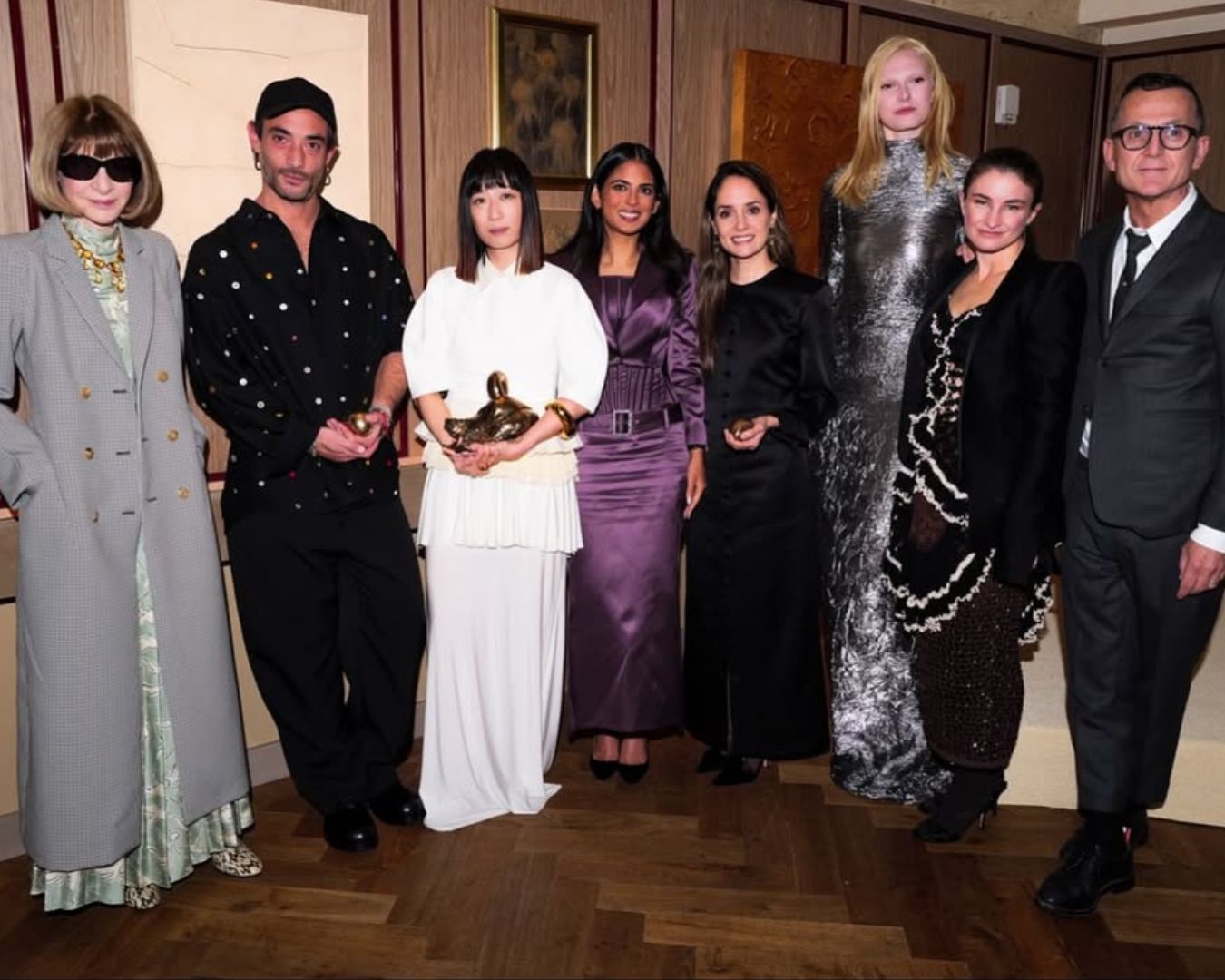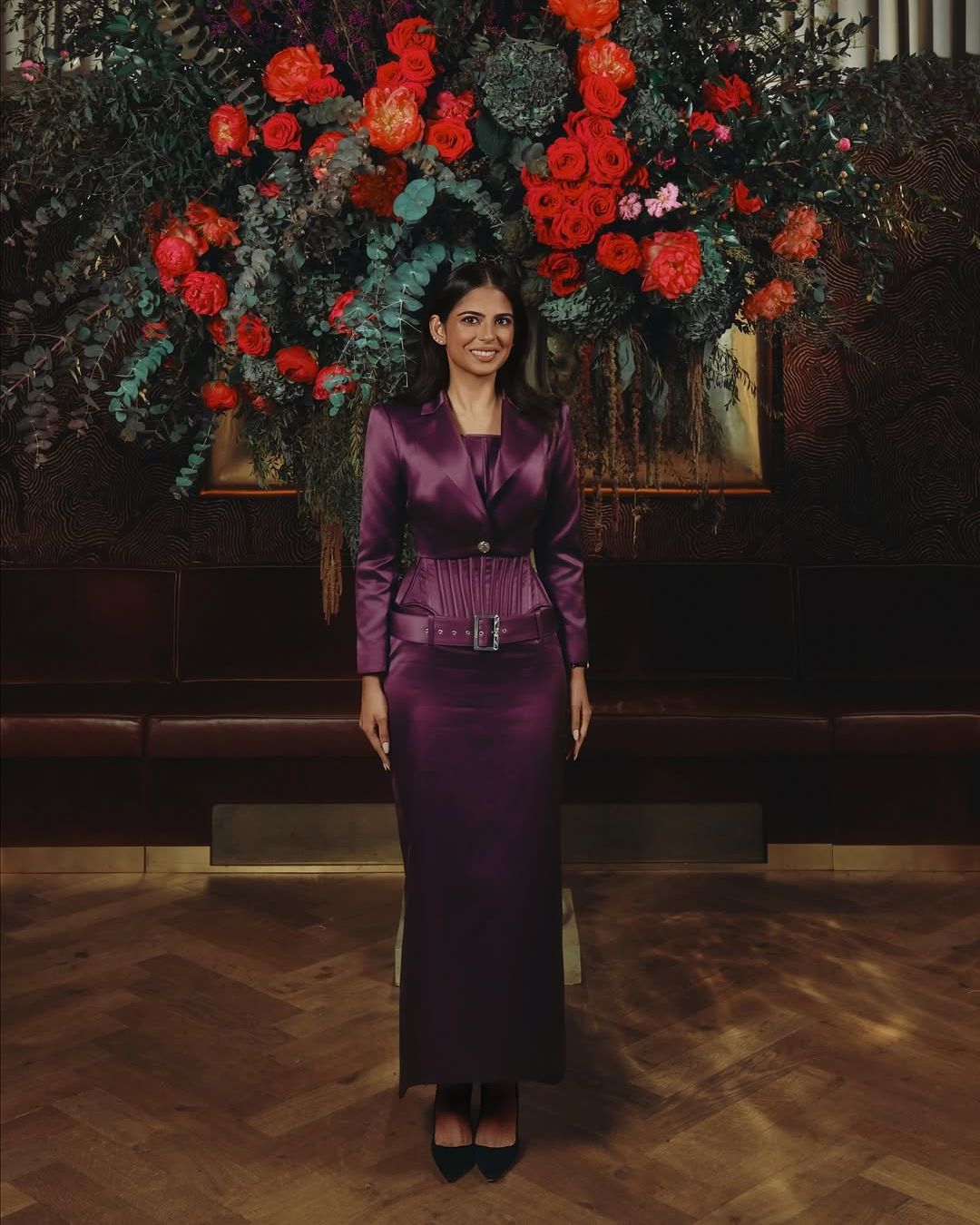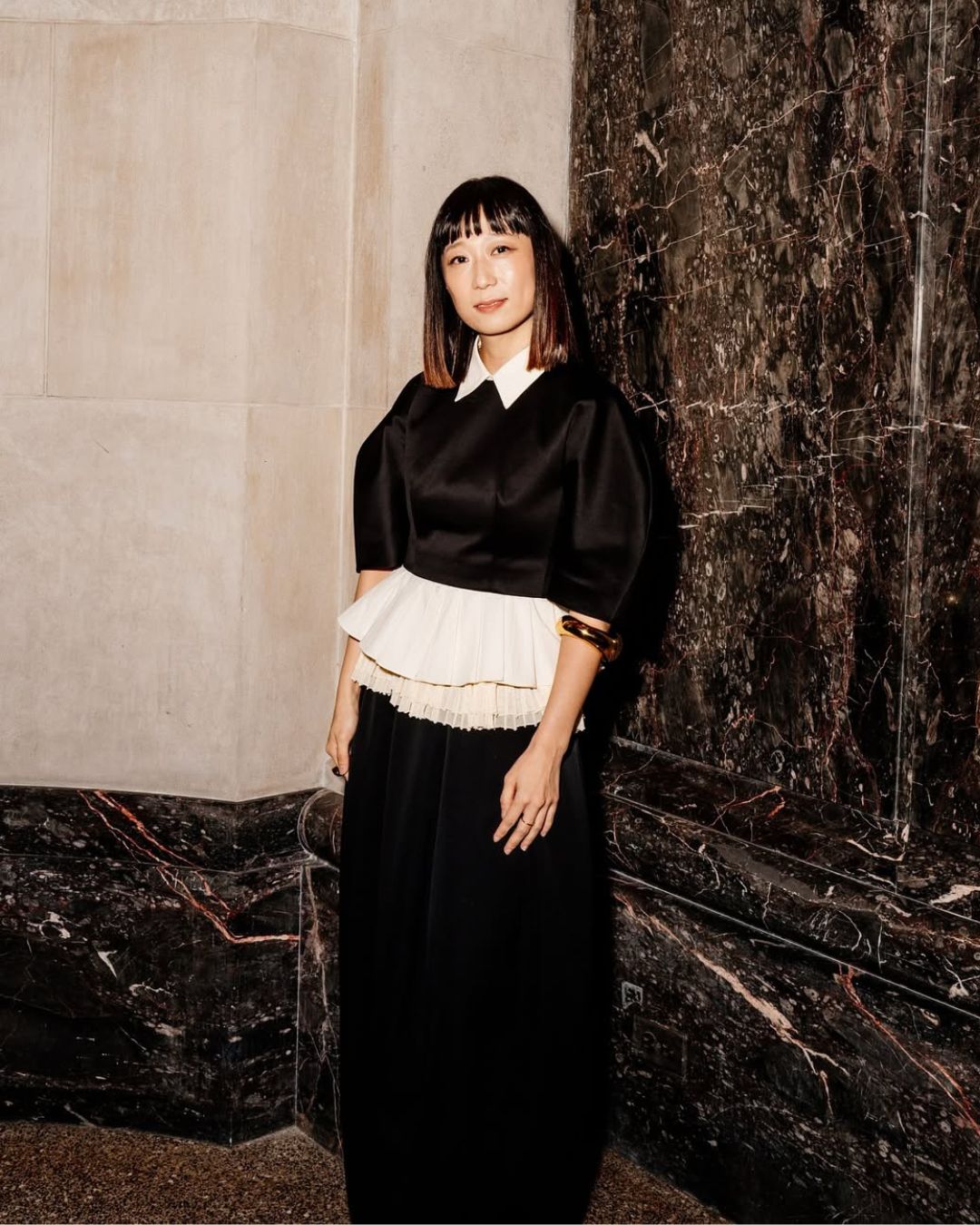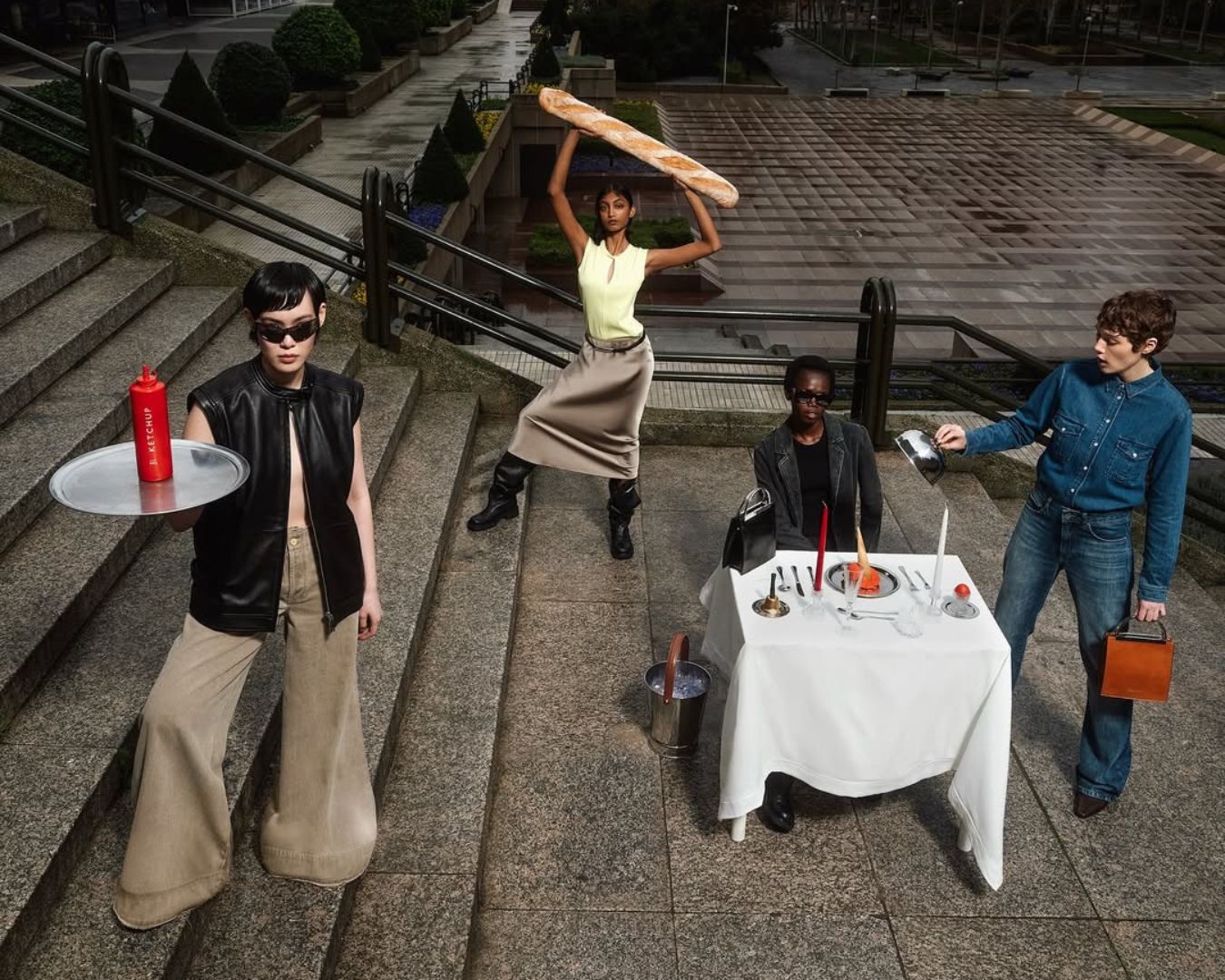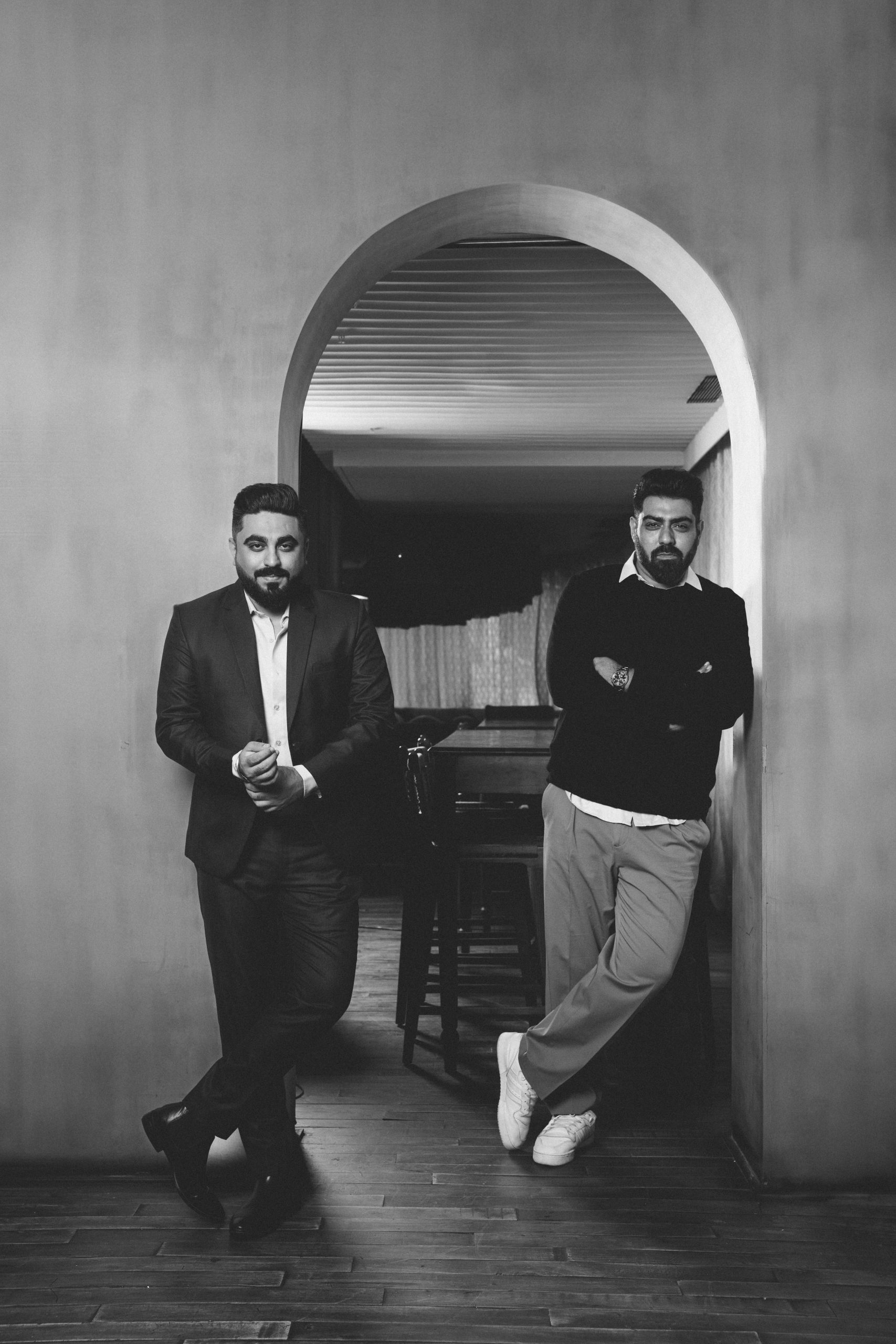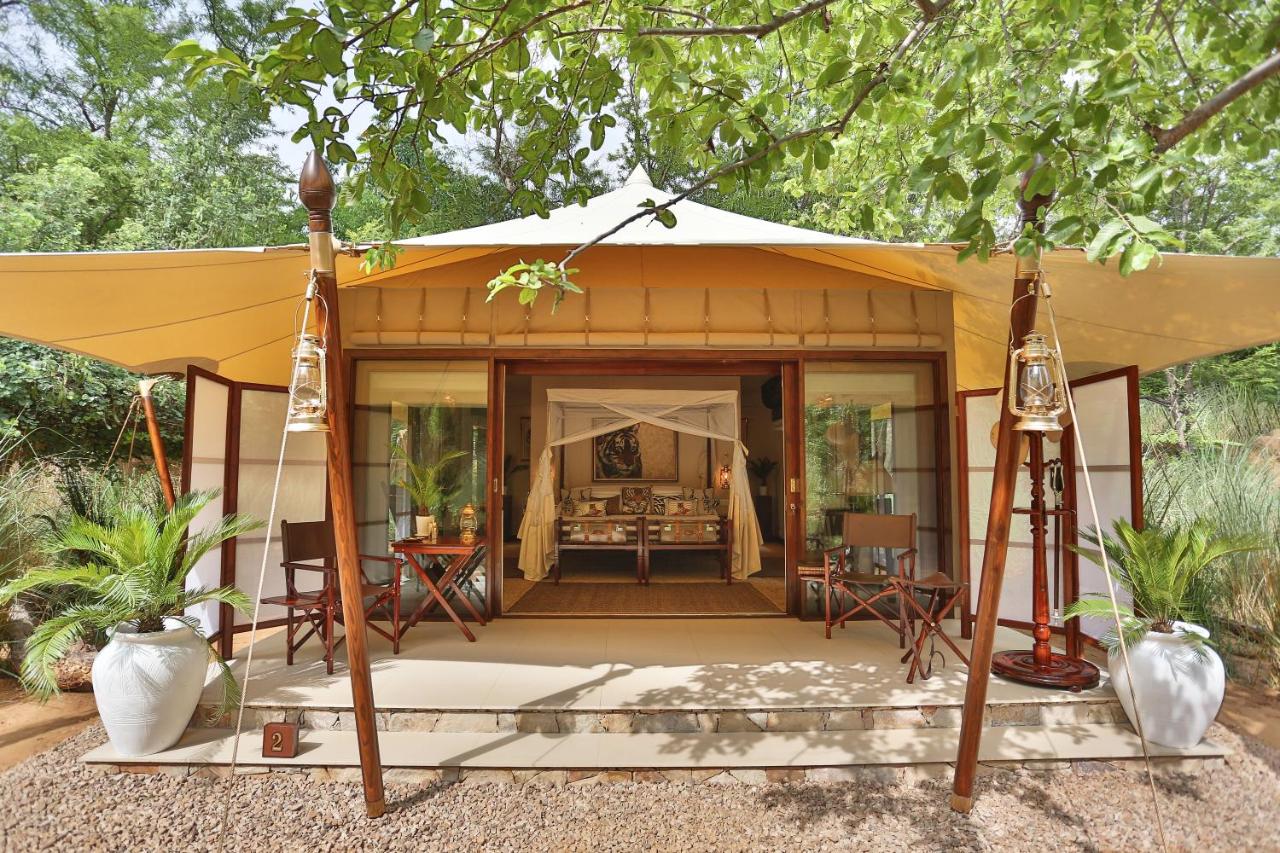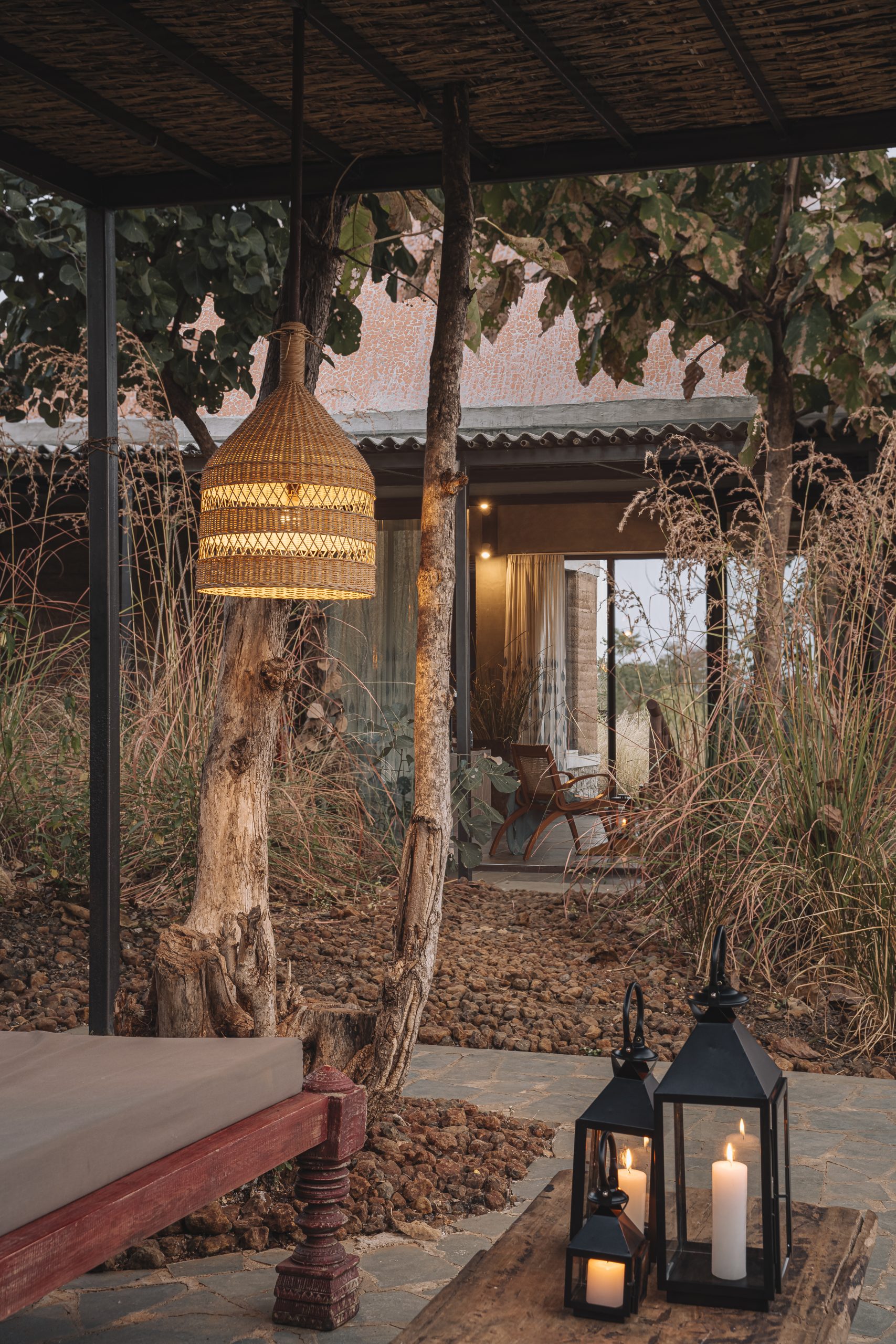On November 10, while most of India’s fashion entrepreneurs pursued their next Instagram collaboration or tweaked product–market fit, something consequential unfolded at the Crane Club in New York City. Isha Ambani, who leads Reliance Retail — India’s largest retailer — co-hosted the Council of Fashion Designers of America (CFDA)/Vogue Fashion Fund dinner with Anna Wintour, Vogue’s global editorial director and chief content officer at Condé Nast and designer Zac Posen. Far more than a photo–op, the moment made a clear statement about the direction in which Indian fashion is moving, and even more importantly, what doors are opening for the direct–to–consumer (D2C) founders who recognise the evolving landscape.
India’s fast fashion market stands at USD 13.48 billion in 2025, projected to reach USD 39.74 billion by 2032 — a 16.7% compound annual growth rate that outpaces most traditional retail segments. But here’s what matters more than the numbers: the infrastructure around Indian fashion is fundamentally transforming.
The CFDA/Vogue Fashion Fund has supported 189 designers with more than USD 7.7 million since its inception, with 41% of participating brands being fully or partially women–owned and 40% fully or partially minority–owned. As Ambani steps into this ecosystem as a co-host, she moves beyond attendance and actively connects Indian retail muscle with American design mentorship, manufacturing networks, and global distribution channels. For D2C founders, this integration matters because it signals validation. The same infrastructure that launched brands including Proenza Schouler and Telfar is now accessible to Indian talent, positioning them as strategic partners with significant influence and capability.
1: Isha Ambani, Director of Reliance Retail, at the 21st edition of the CFDA/Vogue Fund; 2: Ashlynn Park — the winner of the fund and American Emerging Designer of the Year 2025.
Reliance Brands, the luxury and premium retail subsidiary of Reliance Retail, has brought 85 international labels such as Burberry, Bottega Veneta, and Tiffany & Co., to India, some of which have their larger markets in the country. This represents true market creation. Ambani’s focus on connecting emerging designers with established retail infrastructure reveals a playbook that Indian founders should study carefully: bridge local talent with global systems, rather than choosing between them. The mechanics are straightforward: Reliance operates an omni-channel network of over 18,650 stores. It holds partnerships with Valentino, Balenciaga, Versace, and most recently announced MAX&CO., set to open its first store in Mumbai in early 2026. Each partnership refines Reliance’s understanding of international design standards, production timelines, and premium positioning.
Now apply that knowledge base to India’s D2C ecosystem: the Indian D2C market stood at approximately USD 12 billion as of 2022 and is forecast to reach USD 60 billion by 2027, reflecting a fundamental shift in how brands interact with consumers. The question isn’t whether Indian fashion founders can build brands, it’s whether they can scale them with the sophistication that global markets demand. Fast fashion in India grew 30-40% in FY2024, significantly outpacing the overall fashion sector’s 6 percentage point increase in growth. This velocity advantage exists precisely because Indian founders have mastered speed–to–market, trend identification through social media, and cost–efficient production.
What they’ve historically lacked is access to the institutional networks that turn promising brands into enduring ones. India is the second most–funded country for D2C startups globally, with nearly 11,000 D2C companies, though only about 800 have secured funding. That funding gap represents an opportunity: the right partnerships can accelerate not just capital access but operational excellence as well. Reliance demonstrates how a scaled retail platform can introduce international fashion sensibilities to Indian consumers while simultaneously exposing Indian founders to global librettos. Their presence, as India’s retail leader at American fashion’s most influential mentorship program, signals that the ecosystem is maturing beyond individual brand success stories. Founders should recognise three immediate implications:
Part of the Max Mara Fashion Group, MAX&Co. is set to open its first store in India in Mumbai in early 2026
First, global credibility is no longer binary — you’re either entirely local or completely international. The new model is hybrid: Indian manufacturing and design sensibility, elevated by international production standards and distribution sophistication.
Second, partnerships matter more than ever. Whether it’s retail platforms like Reliance, manufacturing collaborators, or mentorship networks, the brands that scale will be those that leverage institutional knowledge instead of trying to build everything from scratch.
Third, timing is essential. Fast fashion in India could potentially be a USD 50 billion opportunity by FY31. The founders who position themselves now — building relationships, refining operations, and understanding global standards — will capture disproportionate value as this market expands.
Isha Ambani attended that dinner with intent that extended well past networking. She attended because Indian fashion is entering the centre of global conversation. The question for every D2C founder is simple: are you building for the moment when that door fully opens, or are you still treating this as a domestic play? The founders who understand the difference will be the ones writing India’s next fashion chapter, creating it as equals with original voices.
Words by Rhea Sinha
Featured Image Courtesy Huy Luong and BFA for Vogue Magazine
